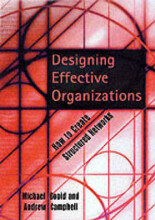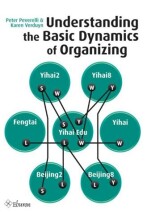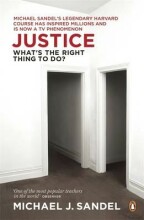Bacharach - Organizational theories: some criteria for evaluation
8 important questions on Bacharach - Organizational theories: some criteria for evaluation
The article of Bacharach is about the establishment, relationschips, and evaluation of criteria for theory construction. Define a 'theory'?
The purpose of theoretical statements in twofold, tell them:
Description must be distinguished from theory. It may be the source material of theories, but they are not theoretical statements. Which 3 modes of description are there?
- Higher grades + faster learning
- Never study anything twice
- 100% sure, 100% understanding
The notion of boundaries based on assumptions is critical because it sets the limitations in applying the theory and restrict the generalizability. These assumptions are about values, time and space. Describe those 3 assumptions:
Which two primary criteria upon which any theory may be evaluated are there?
In order to test the flasifiability of the relationships, theorists must both examine the logical and empirical adequacy. What is the logical adequacy?
In order to test the flasifiability of the relationships, theorists must both examine the logical and empircal adequacy. What is the empirical adequacy?
How can the use of the criteria improve theory building and evaluation? By... (4)
The question on the page originate from the summary of the following study material:
- A unique study and practice tool
- Never study anything twice again
- Get the grades you hope for
- 100% sure, 100% understanding






























